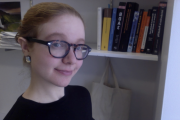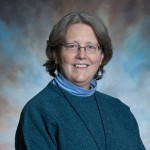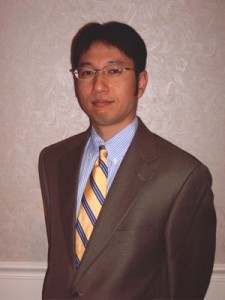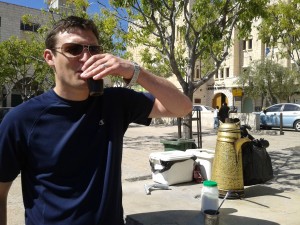Title: Causal inference for the Millennium Villages Project
Speaker: Dr. Shira Mitchell, Columbia University, Columbia Population Research Center
Abstract: The Millennium Villages Project (MVP) is a ten-year integrated rural development project implemented in ten sub-Saharan African sites. We describe the design for causal inference about the MVP’s effect on a variety of development indicators. Causal inference for the MVP context presents many challenges: a nonrandomized design, limited baseline data for candidate control areas, and the assignment of treatment to only ten sites, limiting effective sample sizes. We develop and carry out a matching procedure tailored to small samples and designed to facilitate communication with subject-matter experts. Following the design, we propose hierarchical Bayesian causal models for multiple outcomes. This work provides a case study of the careful evaluation design of a non-randomized intervention, with clear pre-specification of the procedure and matches before outcome data are available.





